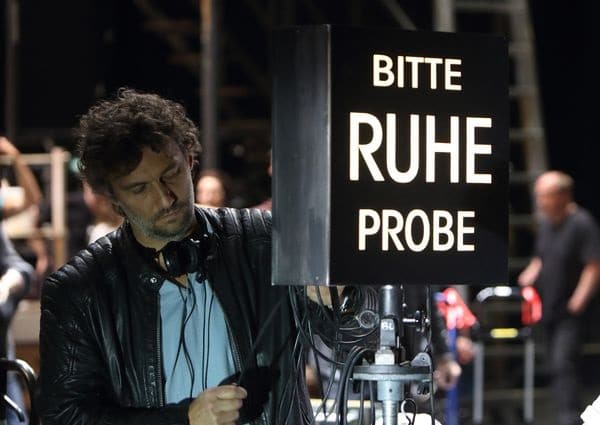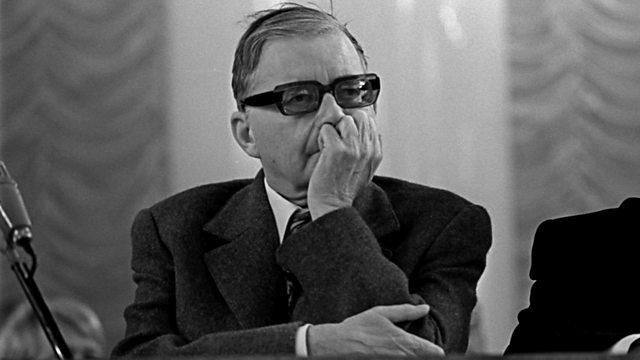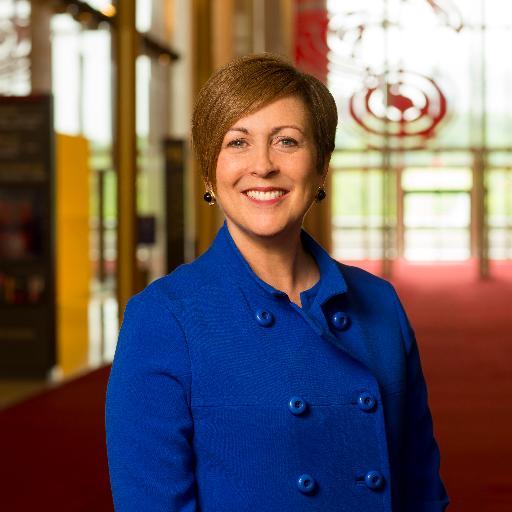Does Jonas Kaufmann get paid extra for rehearsal?
mainThe public audit of the Opéra de Paris has revealsed that the upper echelon of opera stars are paid €15,000 a night, which is pretty much the norm at major international houses.
But a coveted few, such as Anna Netrebko and the German tenor Kaufmann are paid an extra fee – not disclosed – to ensure that they attend rehearsals.
Can this really be so?






Comments